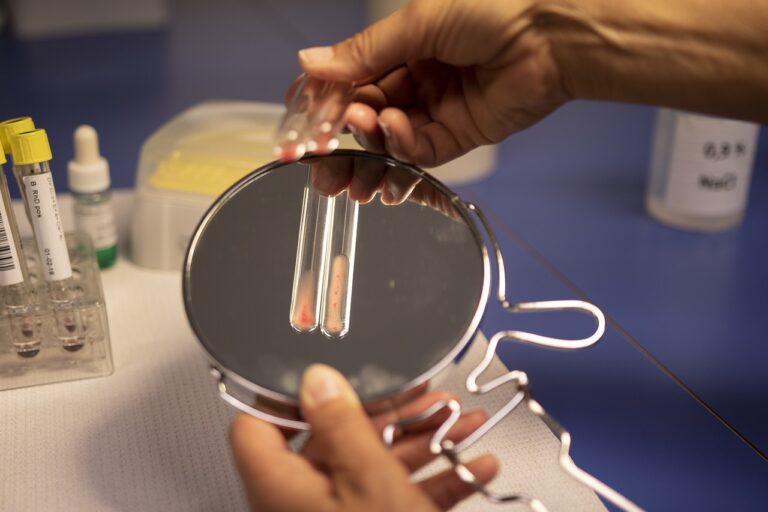The Role of Technology in Health Progress Tracking and Analysis
Wearable devices have revolutionized the way we monitor our health on a day-to-day basis. These devices, such as smartwatches and fitness trackers, provide real-time data on various health metrics, including heart rate, sleep patterns, and physical activity levels. By continuously tracking these metrics, individuals can gain valuable insights into their overall health and make informed decisions to improve their well-being.
Moreover, the convenience and accessibility of wearable devices make health monitoring more seamless and integrated into daily life. With the ability to sync data to smartphones and computers, users can easily track their progress over time and share this information with healthcare providers for more personalized care. As wearable technology continues to advance, we can expect even more sophisticated features and capabilities that will further enhance the impact of these devices on health monitoring.
Advancements in Telemedicine for Remote Health Tracking
Telemedicine has revolutionized the way healthcare is delivered, especially in remote health tracking. With the advancements in technology, patients can now consult with healthcare providers remotely through video calls, phone calls, or secure messaging platforms. This has bridged the gap between healthcare services and individuals living in rural or underserved areas, allowing them to access medical advice and monitoring without the need to travel long distances.
Moreover, telemedicine has enabled continuous health tracking and monitoring, leading to earlier detection and intervention in medical conditions. Patients can now easily share their health data such as vitals, symptoms, and medication adherence with their healthcare providers in real-time. This proactive approach not only enhances patient outcomes but also reduces the burden on healthcare facilities by preventing unnecessary emergency room visits or hospitalizations. The future of telemedicine in remote health tracking looks promising, with ongoing advancements aimed at further improving the accessibility and quality of healthcare services for all individuals.
Utilizing Health Apps for Personalized Progress Analysis
Health apps have revolutionized the way individuals track and analyze their progress towards health and fitness goals. These apps provide users with personalized data on various aspects of their health, ranging from daily activity levels to sleep patterns and nutritional intake. By inputting information such as age, weight, and fitness goals, users can receive tailored insights and recommendations to help them make better-informed decisions regarding their well-being.
One significant advantage of using health apps for personalized progress analysis is the ability to monitor trends and patterns over time. By consistently logging data and tracking progress, users can identify areas of improvement or change in their health behaviors. This information can be crucial in adjusting routines, setting new goals, and ultimately achieving long-term success in maintaining a healthy lifestyle.
How do wearable devices impact health monitoring?
Wearable devices such as fitness trackers and smartwatches can track various health metrics like heart rate, steps taken, and quality of sleep, providing valuable data for users to monitor their health and fitness levels.
What are some advancements in telemedicine for remote health tracking?
Telemedicine platforms now offer the ability for healthcare providers to remotely monitor patients’ health data, enabling real-time tracking and analysis of vital signs and other important metrics from a distance.
How can health apps be utilized for personalized progress analysis?
Health apps can gather data on users’ diet, exercise, and other lifestyle habits to provide personalized analysis of their progress towards health goals, offering insights and recommendations for improvement.







